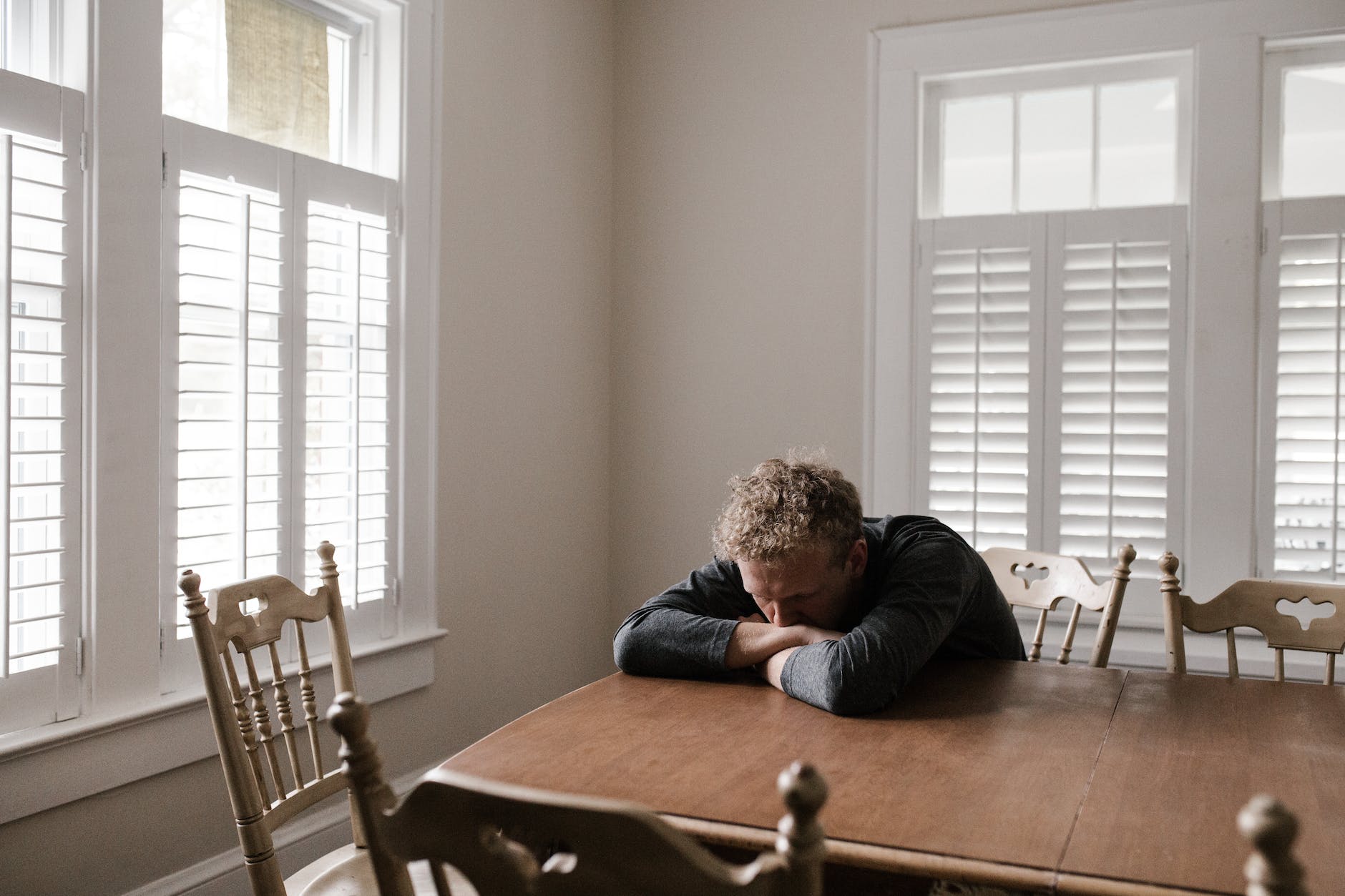
Mental illness or addiction
Residential treatment is a form of help for those struggling from mental illness or addiction. This in-patient level of care may not be fit for every case, every situation, or every lifestyle. However, it is a type of treatment that has shown to be very beneficial for many individuals who are in need of help.
So, when is it a good idea to consider residential treatment as opposed to outpatient forms of care? Read on.
To Avoid Relapse
Relapse is common among those struggling with addiction or even those who typically engage in unhealthy behaviors or coping mechanisms due to mental illness (e.g., self harm). The good news is, due to the intensity and consistency of residential treatment programs, relapse rates are lower for clients. In turn, they are more likely to lead a healthier, happier life post-treatment.
For Those Needing More Structure
Sometimes outpatient care just isn’t enough. In some cases, a client may only take help seriously if it is highly structured and involves a change in routine. Fortunately, residential programs are far more structured in terms of the program itself as well as in terms of the environment it takes place in.
To Have a More Watchful Eye Over Them
In some cases, clients may need to have around-the-clock care and attention. This is especially true for those who may “act out,” have suicidal ideations, or have seizures. These situations may occur due to a newly prescribed medication, while the client is sobering up or detoxing, or because of another medical or mental health reason.a
Even if residential treatment employees don’t have the proper training, knowledge, or equipment to provide the exact level of care the client needs during moments like the latter, what they can provide is the safest environment possible for them during treatment. Additionally, they can get the proper medical attention for the client in the event of an emergency.
When Other Treatments Haven’t Been Successful
Typically, residential treatment programs are considered as a “last resort” option and isn’t the first method of treatment someone selects, unless, that is, the help is urgent. If other forms of treatment have already been attempted but haven’t helped much, residential treatment might be the next best solution to give a go.
The great thing about residential treatment is that while it is more strict and structured, this level of care offers a broader range of treatment options, takes place in the long-term, and the care is more thorough and in-depth than other methods of treatment.
Do you think the benefits of residential treatment could be of use to you or someone you love? It may be time to get in touch with a residential treatment facility today.
Conclusion
Choosing residential treatment requires a big change in lifestyle and routine temporarily. So, it’s no wonder why many folks are hesitant to choose this form of treatment from the get-go. With a further understanding of residential treatment and who it’s best for, it will be easier to decide if it’s most applicable for you and your situation.






